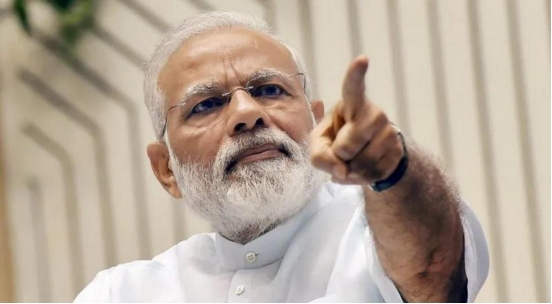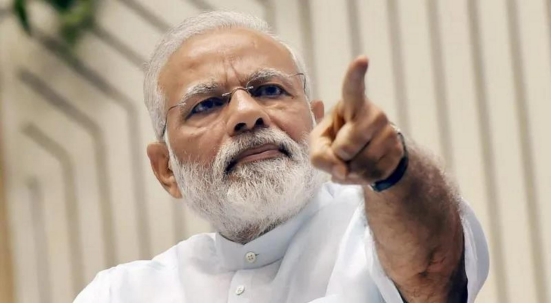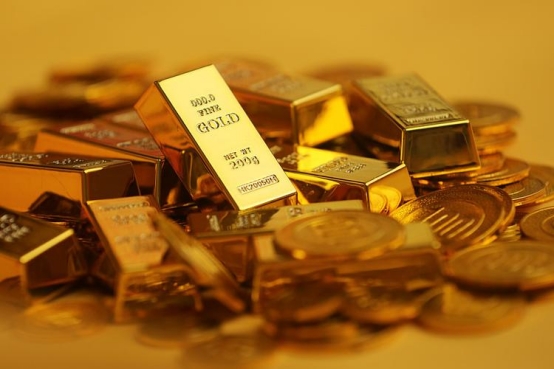Modi strongly warned Pakistan: Nuclear blackmail is ineffective, Indian troops are ready to "strike with precision" at any time! Geopolitical risks reignite
- 2025年5月14日
- Posted by: Macro Global Markets
- Category: News


Indian Prime Minister Narendra Modi delivered a televised speech on the morning of May 13, issuing the strongest warning in history against Pakistan: "If India is attacked by terrorists again, we will strike with precision at terrorist hideouts under the cover of nuclear blackmail and will not be deterred by any threats." This statement directly refers to the latest conflict on the Line of Control in Kashmir. On May 12, the Indian army claimed to have shot down two Pakistani drones, while Pakistan shelled the Indian-controlled area, killing three civilians, breaking the ceasefire agreement brokered by Trump.
Key details:
The ceasefire agreement seems to have broken down: the ceasefire that came into effect on May 10 lasted only 48 hours, seven exchanges of fire have occurred in Kashmir, and Indian border troops have entered the highest alert state;
Nuclear policy showdown: Modi publicly responded to Pakistan's "first use of nuclear weapons" policy for the first time, saying that India "has equal counter-measures" and hinted that he would not rule out breaking the "no first use" principle;
Economic sanctions escalated: India announced the permanent termination of the Indus Water Treaty, cutting off 60% of Pakistan’s agricultural irrigation water. Pakistan recalled its ambassador to India, and bilateral trade returned to zero.
II. India-Pakistan conflict 2.0: historical grudges and current game
Kashmir's 'powder keg' ignites again
Territorial disputes: Both sides claim sovereignty over 78% of Kashmir, and three wars and more than 5,000 border clashes have occurred in the past 75 years;
Terrorism accusations: India accuses Pakistan of supporting the Jaish-e-Mohammed, while Pakistan claims that the Indian army is suppressing the Kashmir independence movement under the pretext of counter-terrorism;
Water War: After India amended the treaty, more than 2 million farmers in Pakistan's Thar region faced harvest failure, triggering large-scale protests by the Pakistani people.
International mediation fails
US mediation suffered a setback: Trump claimed to have "facilitated a ceasefire", but India refused to allow third parties to intervene, and US Secretary of State Blinken's "neutral mediation" was coldly received;
China’s stance was cautious: the Ministry of Foreign Affairs called for “restraint”, but the $6 billion China-CPEC project was suspended due to the conflict, and China has launched an emergency evacuation plan.
3. Gold bull-bear game: Can the India-Pakistan conflict reverse the decline in gold prices?

Nuclear conflict premium: Historically, when the India-Pakistan conflict escalated (such as the Pulwama attack in 2019), the average gold price rose by 4.2% in 10 trading days. This time, because both sides have nuclear weapons, the safe-haven premium is higher; Physical demand support: India's gold imports in May are expected to reach 80 tons (wedding season + gold hoarding)
Short logic:
The easing of tensions between China and the United States dominates the mood: the trade truce agreement is still fermenting, the S&P 500 futures maintained a 0.8% increase, and funds are immune to "local conflicts"; the Fed's hawkish suppression: if CPI exceeds expectations tonight (market expectations are 2.4%), the US dollar may break through 102, and the safe-haven content of gold will be offset by the interest rate advantage.
Modi’s tough stance has brought South Asia back to “high-risk mode”, but the market has not yet fully priced in “limited conflict”. Historical experience shows that when a border conflict breaks out between nuclear-armed countries, gold's "panic premium" often reaches its peak within 72 hours - May 13, 2025, this time window is counting down. For investors, $3,200 is both the "lifeline" for physical buying in India and a "touchstone" for geopolitical risks - tonight's US CPI data and midnight gunfire in Kashmir will jointly determine the next direction of gold prices.
